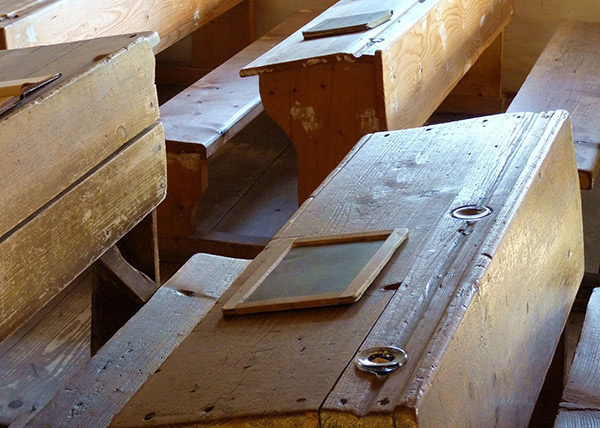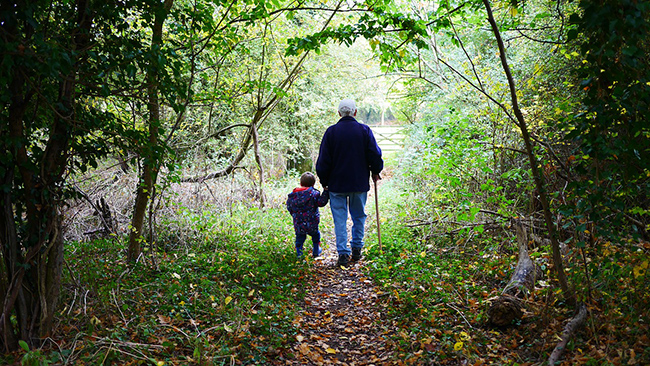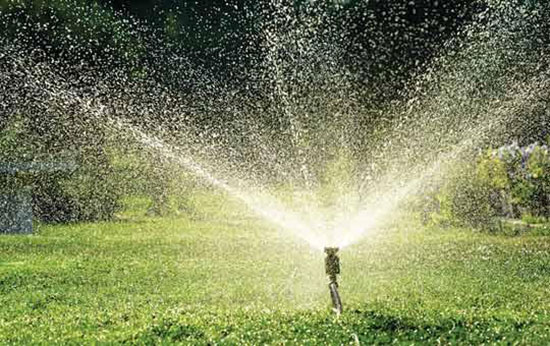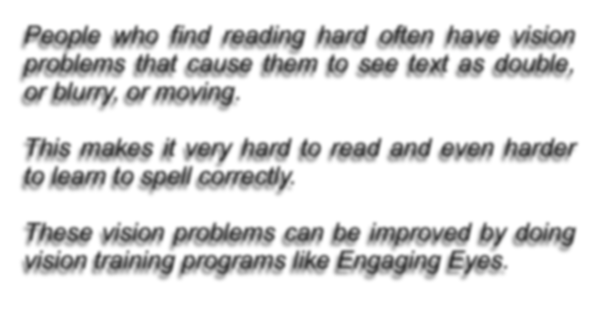
For the record… I hate back to school days. As soon as I see the first art box display at Wal-Mart I get a pit in my stomach and have the urge to scream and bolt out of the store. It doesn’t help when they start
showing up in center aisles right after the Fourth of July.
Schools around here are starting earlier and earlier. In fact, my mother just told me that the local school where I attended as a kid started around the first couple days of August.
It makes me want to take legal action against the state for cruelty to children and parents. Of course parents are the reason they go back to school so early. Schools serve as free day care and the sooner they get back in the sooner they don’t have to worry about them.
Ahhh… the joy of homeschooling where we can start the “official” part of school whenever we want knowing we cover more in a half a day that most institutional schools can cover in THREE days.
SCREEECHHHHH… (record needle sound)
So why for the love of MIKE are we homeschoolers starting so EARLY??!! I have a “friend” who started on August 1st!!!!!!!!!!!!

Oh, she means well. She counts back using her 180-day calculator, subtracting the days off for “non-school stuff” and the bottom line is that they had to start on August 1st. I don’t mean to be harsh… but she should be arrested for cruelty to children, her husband, and herself!!!
The thing is she can count everyday as a school day!!! Her children learn more on the non-book-days than they ever learn on a book-day. “Real” schools have non-book days all the time. They have pep-days, field days, and spend most of their days wasting time herding children.
Whew, I’m breathless! OK, calm down, Todd. Breathe…
Here’s the deal, Mom. Summer is not over, school can wait, and you’re cheating yourself and your children out of some eternal memories if you start too soon. Now, I’m not telling you WHEN to start (you’re a homeschooler and can start when you decide to start). But I know the state of Michigan won’t let their schools start until after Labor Day. I’ve always liked Michigan for that.
Besides, you still have at least one more Adventure to attempt.

P.S. – Need more help in smiling? Join us over at The Smiling Homeschooler Facebook page, website, or podcast. We want to see YOU and your children smile more this coming year, and we aim to help you.


 I love the signs that we see in our National Parks and National Forests. “If You Pack It, Then You Pack It Out. Take Nothing but Pictures, Leave Nothing but Footprints.”
I love the signs that we see in our National Parks and National Forests. “If You Pack It, Then You Pack It Out. Take Nothing but Pictures, Leave Nothing but Footprints.”




